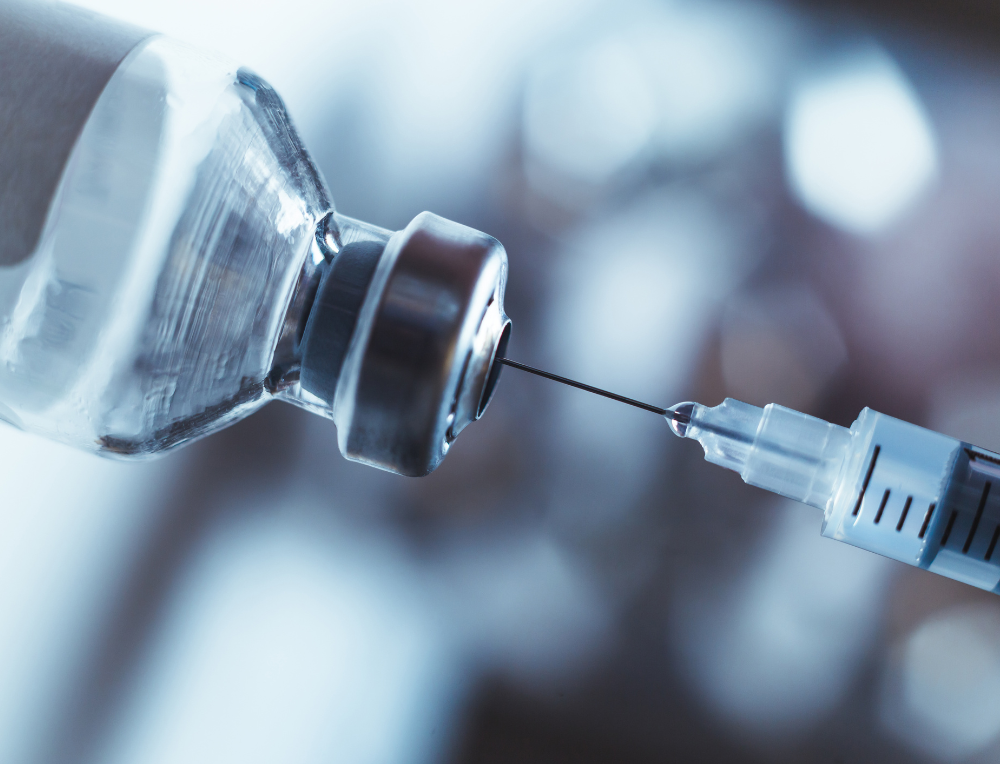Overcoming Barriers: Financing and Service Delivery for Vaccination in Fragile and Conflict-Affected States

More rationing of care and charging for services in the NHS need to be considered as it faces at least a decade of austerity, experts say.
The Institute for Fiscal Studies says the coming years will be the toughest since the early 1950s when dental and prescription fees were introduced.
Other measures, including tax rises, could also form part of the solution.
And the review says decisions on the NHS – and social care – will have an impact on other public services too.
This is because of the huge amount of the public purse they consume.
The NHS alone accounts for nearly a quarter of public spending.
Imposing charges
But the money it needs to keep going is increasing each year because of factors such as the ageing population.
The IFS, which carried out the review on behalf of the Nuffield Trust think tank, looked at a variety of funding scenarios beyond the current spending settlement, which will see the NHS getting 0.1% extra each year in real terms until 2015.
The review suggested the most likely outcome was that the NHS would get settlements from 2015 until 2022 of somewhere between 0% and 2.4% a year, which would ensure health spending as a proportion of national income stays the same.
It said this would mean there would be only an extra 0.6% to 1.4% a year for other public services.
These figures would be even lower if social care ended up being reformed as ministers have promised.
But even if there were rises of 2.4% a year that would not be enough to keep pace with the demands being placed on the service because of the ageing population, the IFS said.
It means that as well as continuing to look for efficiency savings, ministers need to consider more radical steps.
The IFS said this could include charging for services in the way it does for dentistry and prescriptions, stopping doing some care considered less of a priority or raising taxes.
‘Politically difficult’
Report co-author Carl Emmerson said “serious consideration” should be given to the options.
“The last decade saw the NHS receive large increases in its funding, but the outlook for the 2010s is in sharp contrast to this,” he added.
The review did not go into detail about how these measures could be implemented.
But Nick Seddon, of the think-tank Reform, said international evidence suggested imposing charges for services such as seeing a GP could be extremely effective.
And Anita Charlesworth, chief economist at the Nuffield Trust, said if these options proved “too difficult politically or too damaging to vulnerable groups” health spending would have to fall in real terms.
A Department of Health spokesman said there was room for more efficiency savings in the NHS to meet the growing demands from the ageing population.
But he said charging for services was not an option, while rationing should not be done on the “basis of cost alone”.
http://www.bbc.co.uk/news/health-18694119